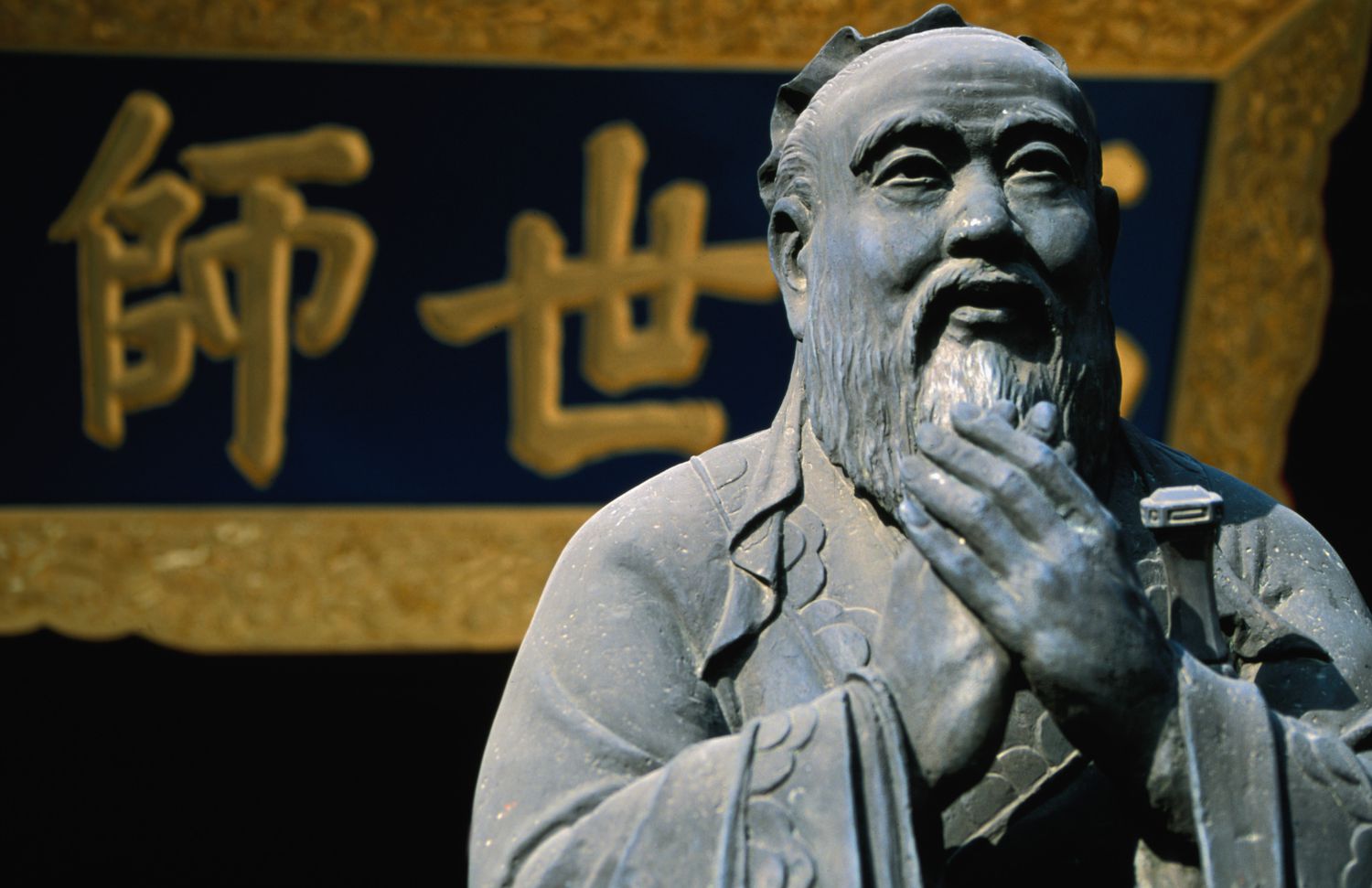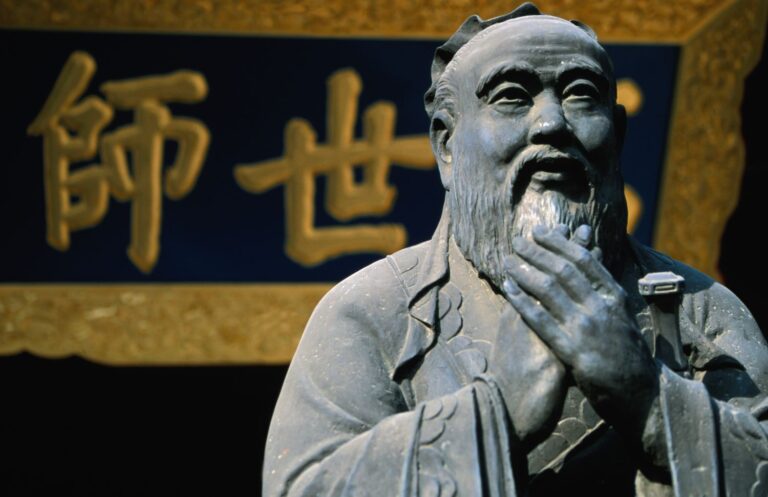Transcript
Confucianism is chiefly concerned with the cultivation of a refined person, which in turn contributes to a harmonious society. Confucius spoke extensively about the importance of benevolence and righteousness in various relationships, such as parent and child, ruler and subject, and interactions between strangers. However, he did not specifically discuss business, as he was not wealthy himself and believed that making money was not as important as being a person of virtue (Ren) and observing ritual (Li).
Nevertheless, Confucius did acknowledge that making money was acceptable as long as it did not hinder one’s commitment to righteousness and virtue. He had disciples who were successful merchants, and he recognized that being poor while observing the proper way (Li) and being wealthy while upholding ritual (Li) were both acceptable. The key point was that virtue always took priority, even if it meant experiencing poverty and hunger.
The idea of using Confucianism as the foundation for business ethics is not a new concept. In the Song Dynasty, Confucianism experienced a revival, and merchants in Anhui Province implemented Confucian teachings in their highly successful trading businesses. As a result, some academics have contemplated how modern global firms might approach business ethics if they embraced the spirit of Confucianism. For instance, they explore how Confucianism might influence a corporation’s stance on environmental protection or labor rights.
Confucius emphasized the core virtue of reciprocity (Shu), stating that one should not do to others what they do not want done to themselves. Multinational mining or oil corporations have been criticized for extracting vast resources from impoverished nations and causing environmental pollution. Some corporations have also faced allegations of employing child labor or subjecting factory workers in developing nations to harsh conditions. Perhaps, if these corporations adopted an attitude of reciprocity (Shu) and considered whether they would wish these actions upon their own country, countrymen, or even themselves, they would be more conscious of these issues.
Confucius also spoke about Ren, stating that a person of Ren who seeks to establish themselves will also help others reach their goals. This perspective has led some Asian academics to suggest that a Confucian firm would not strongly enforce intellectual property rights. Instead, they argue that a Confucian firm would be willing to share innovations for the greater good or engage in joint ventures with other companies to create more benefits for society.
Furthermore, Confucius advised individuals to always think of righteousness when faced with the pursuit of gain and to reject wealth obtained without righteousness as if it were fleeting clouds. This aligns with the modern trend of Environmental, Social, and Governance (ESG) considerations. A Confucian firm should not prioritize profit alone but should consider and prioritize other factors such as ethics and social impact. In its extreme form, a Confucian firm would reject any profit or revenue obtained through unethical means.
Confucion thought also has implications for managerial and organizational ethics. Confusion over etiquette and changing standards can arise in different cultural contexts or generations. Confucius emphasized the importance of strict adherence to common rituals (Li) to reduce misunderstandings and create harmonious social relations. Therefore, if all individuals in an organization followed a clear set of rituals that they strictly adhered to, conflicts over etiquette could be minimized, and misunderstandings could be avoided.
These examples demonstrate that Confucianism can have a place in business ethics, particularly for firms in East Asia. Employees may find it easier to understand and embrace ethics based on familiar philosophies like Confucianism, rather than Western thought. Confucianism provides a framework for considering the greater good, reciprocity, and the ethical implications of business decisions.




